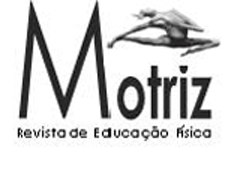Asymmetric performance of flexor and extensor muscles of the knee may be a risk factor for knee injuries, especially the anterior cruciate ligament. Additionally, asymmetries in power and work may have correlations with fatigue and performance during functional tasks. Among untrained individuals, such asymmetries may be of potential interest for training prescription. Here, we investigated the bilateral performance of knee flexors and extensors muscle groups of untrained individuals. We quantified the torque-angle and torque-velocity relationships, as well as work, power and asymmetry indexes in 20 untrained male (25 ± 4 years old; height 1.74 ± 0.05 m; body mass 76 ± 9 kg). No significant asymmetry was observed for torque-angle and torque-velocity relationships, work and power output for knee flexor and extensor muscle groups (p < .05). Our results suggest that untrained male present symmetry in the knee flexion and extension bilateral performance. Changes in this behavior due to physical training must be monitored.
leg; injury; performance; muscle contraction; muscle strength; physical education and training





